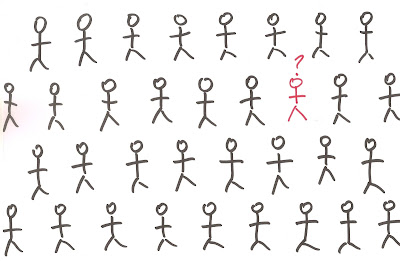Managing Change
‘Change Management’ is generally seen as a process of transition from a current state to a desired new future state. Change management can be affected for groups from individuals to organisations. Some even attempt to affect change in a whole industry – the International Teacher Development Institute ( itdi.pro ), for example, is changing the way English language teachers develop teaching skills by creating a dedicated community that provides support, encouragement and leadership. Broadly speaking, change can be affected in 2 ways. It can be forced (F-change) or nurtured (N-change). A quick search online throws up three distinct meanings of ‘manage’. They are: 1. Part of Speech: verb. Definition: be in charge, control, dominate. 2. Part of Speech: verb. Definition: survive, get by , cope, endure. 3. Part of Speech: verb. Definition: achieve, bring about, conclude. ...



For a number of these instructors, the fundamental purpose for educating worldwide is to gain encounter, the kind of of expertise that one does not get by staying in their regional land. It is the kind of of know-how that can't be measured in financial and material conditions but in the years used, the individuals met, and so on. International educating tasks help not only learners of these worldwide academic institutions but also their instructors, who are themselves pupils studying new factors everyday. Cambridge Schools in Hyderabad
ReplyDeleteInternational Schools in Hyderabad